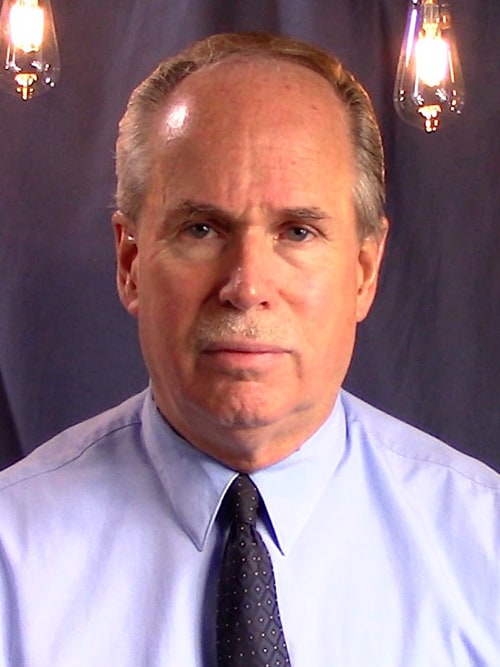“That’s good enough.” How many times have those words come out of our mouths? The idea of this lackluster commitment to the living out of our lives has become so prevalent that we’ve learned to articulate it in a whole bunch of different ways. The rather robust vernacular that we’ve created to wave off responsibility and say “that’s good enough” includes such catchy phrases as “that’ll get us by until Monday,” or “that’s good enough for government work,” or “that’s doable,” or “that’s in the ballpark,” or however we say “that’s good enough.”
The whole phenomena of “sliding by” or “skating by” has always been a byword of history. Subsequently, any vague concept of a ‘work ethic’ seems to have become much less an ethic and much more of a remotely fuzzy idea. We’re constantly working out ways of how not to work. And in doing that, we forfeit doing all the incredible things that we could be doing.
Many of us seem to have developed this fairy-dust type of magical thinking where things will just be there for us. Because we can’t see the efforts and the work of those who fill the shelves of our stores, or keep the wheels of commerce greased, or who relentlessly ply the seas of a forty-plus hour work week, they tend to become invisible. And so, things are just there because they’re there.
Ultimately, our gifts, talents and abilities are sacrificed on the altar of laziness and entitlement. We lose who we are, we lose what we could do, and in essence we lose our lives. At best, whatever our best could have been is lost. Tragically, in time we gradually lose a sense that we could actually do great things, and we forfeit the transformational reality that our best is both achievable and far beyond anything we could have imagined with the best of our imaginations. We forget that to be our best is the best thing that we can be.
Being our best is asking how can we take ourselves to our own limits in any given situation? It’s asking, how do I intentionally leave every situation and every person with more than what they had when I first encountered them? Being our best involves walking away from every situation with less than what we had when we encountered it because we left something behind in the exchange. Being our best asks did we press it as far as was humanly possible, and did we walk away with nothing else we could have given?
And so, commit to being your best. Shun anything that is anything less than that. Realize that you were created to ‘best’ your own ideas of what your best is. Be your best, and in doing so transform yourself and transform those around you in the best way possible.
“Let us not become weary in doing good, for at the proper time we will reap a harvest if we do not give up.”
- Galatians 6:9

 Craig Lounsbrough
M. Div., LPC
Craig Lounsbrough
M. Div., LPC